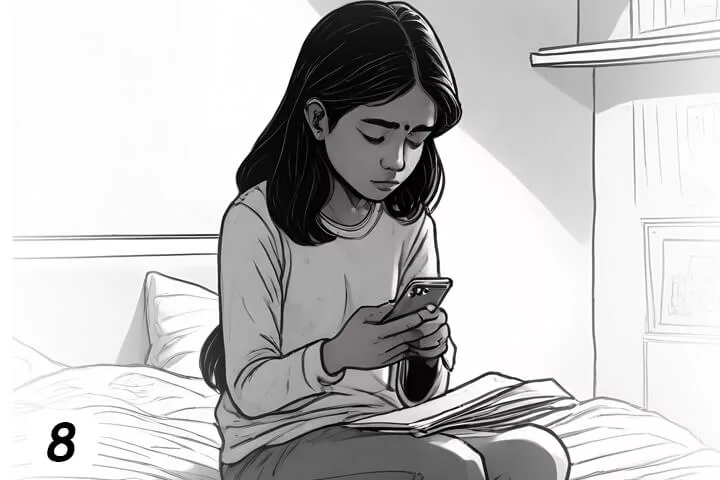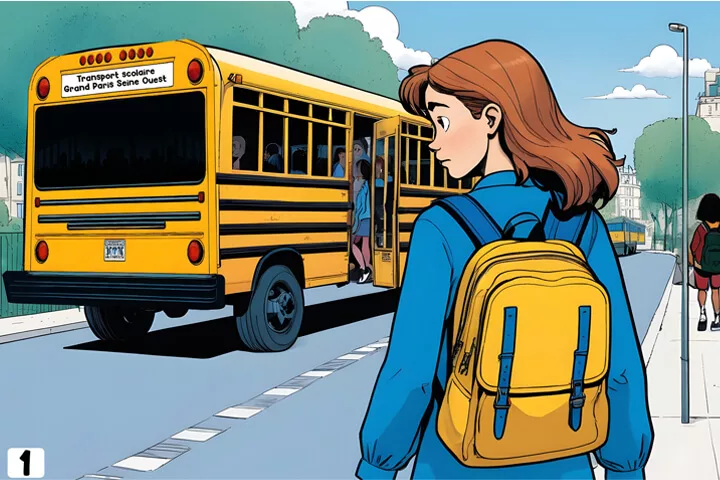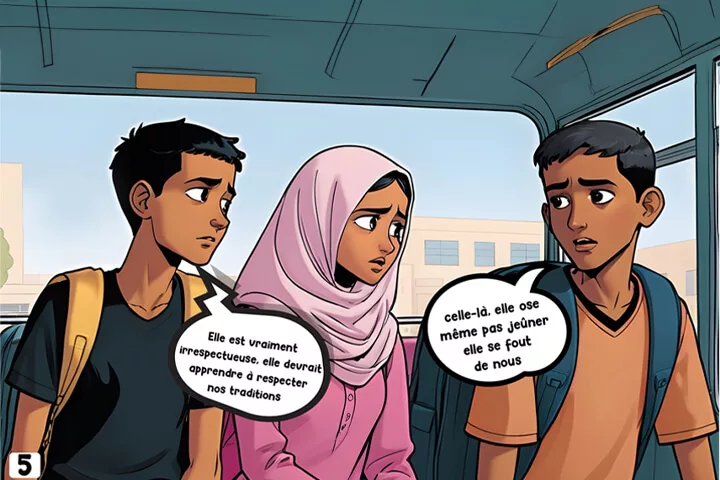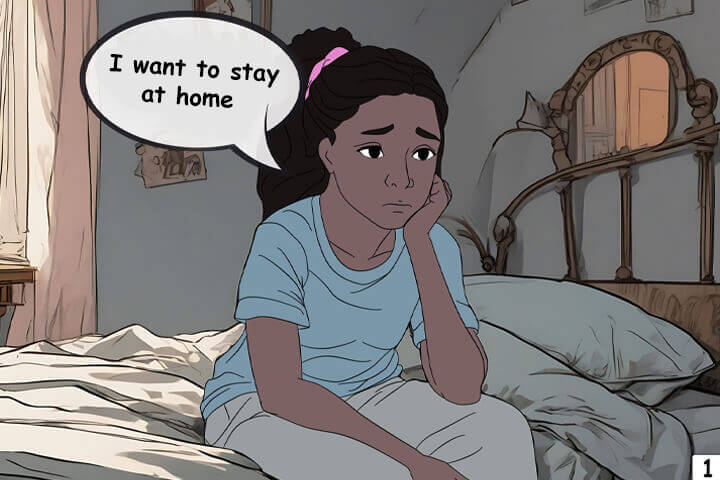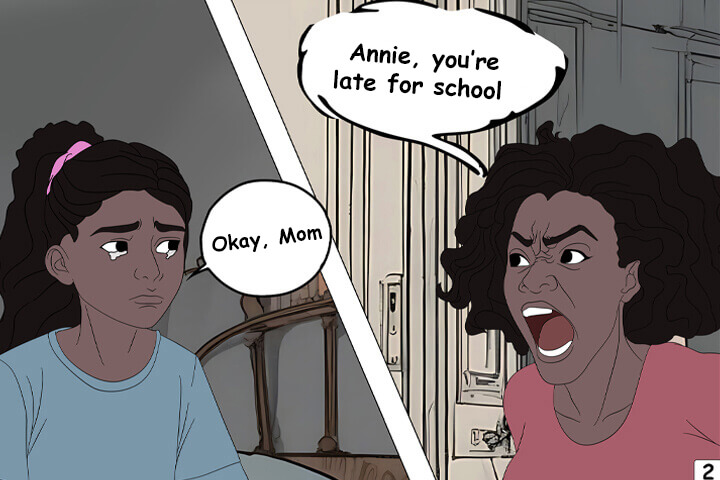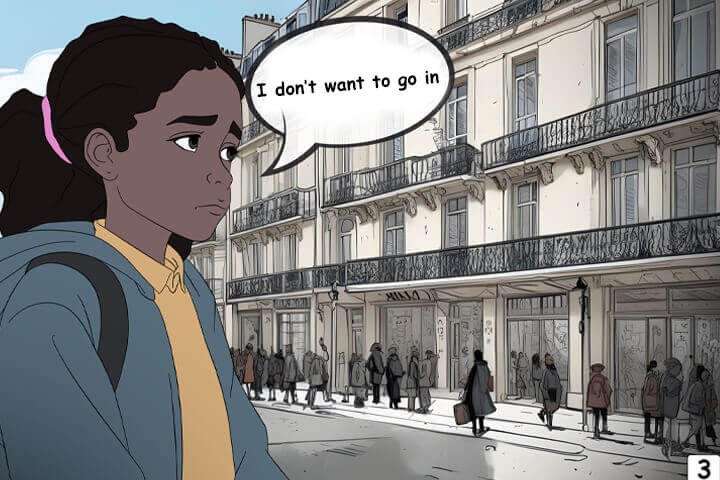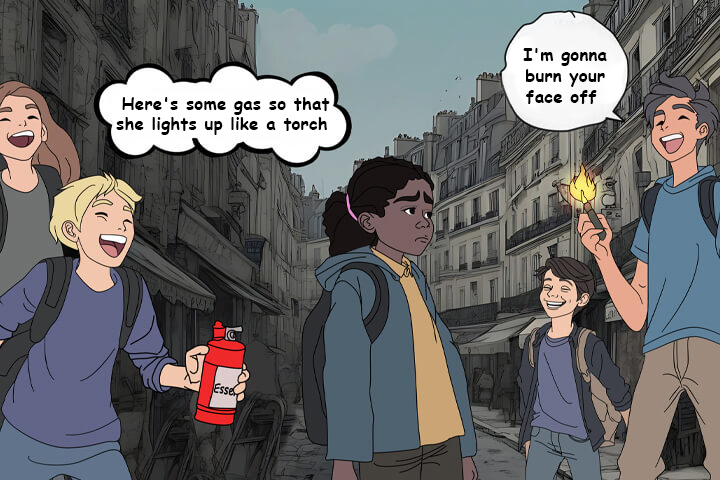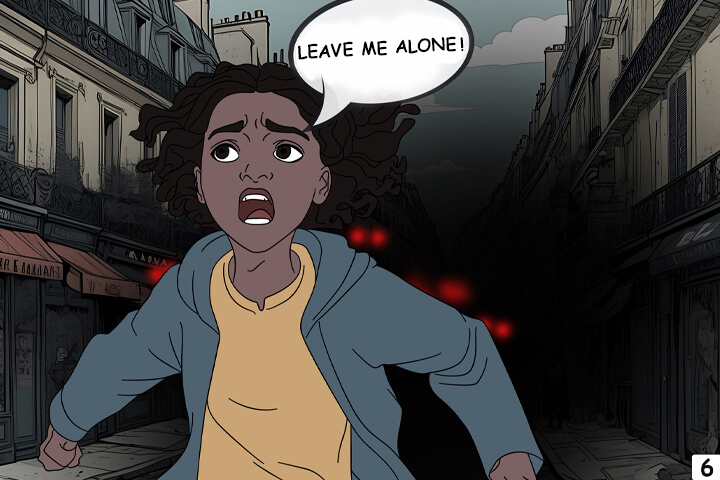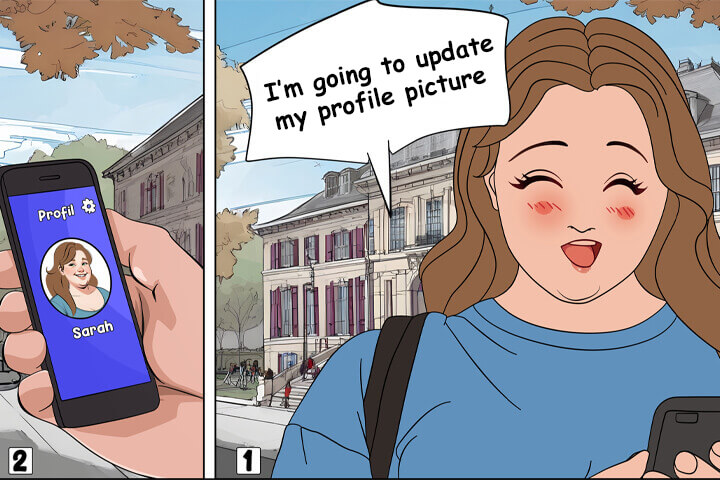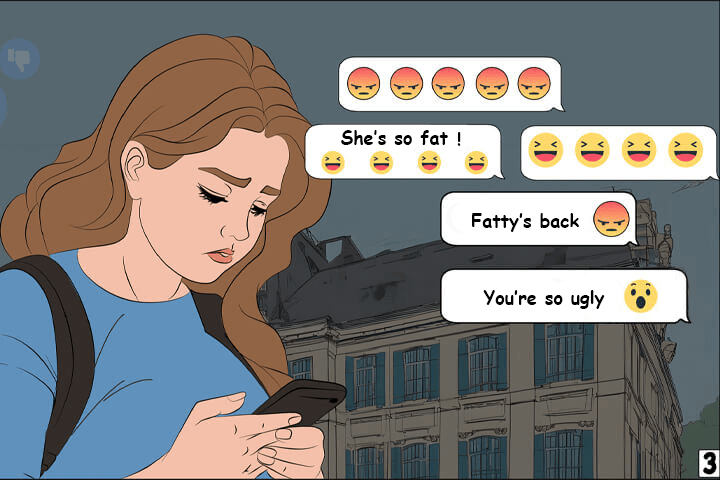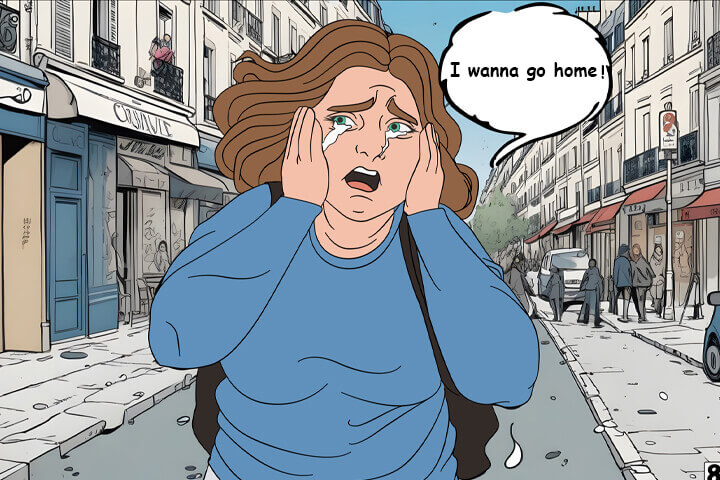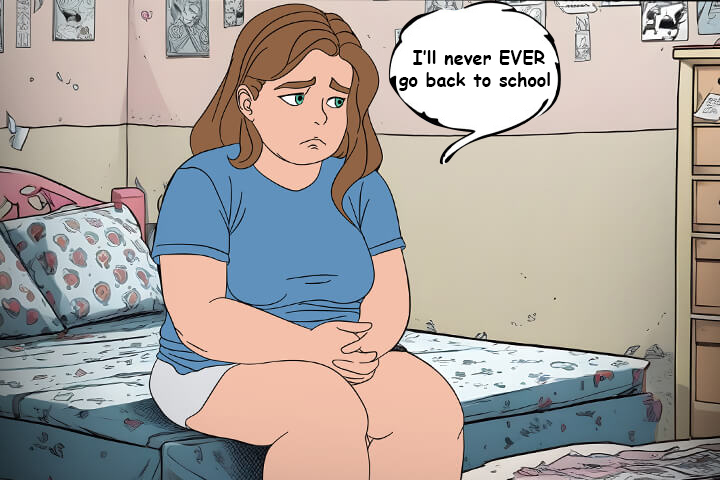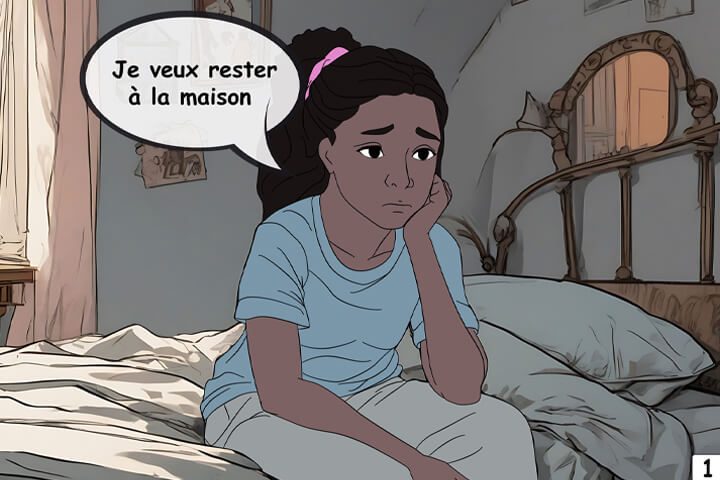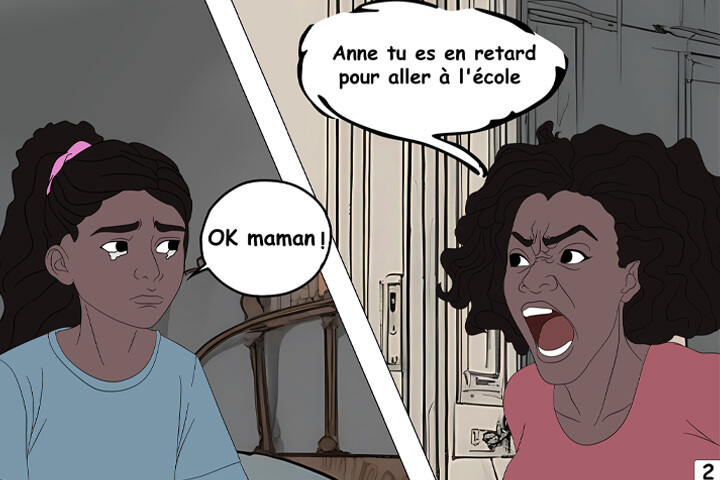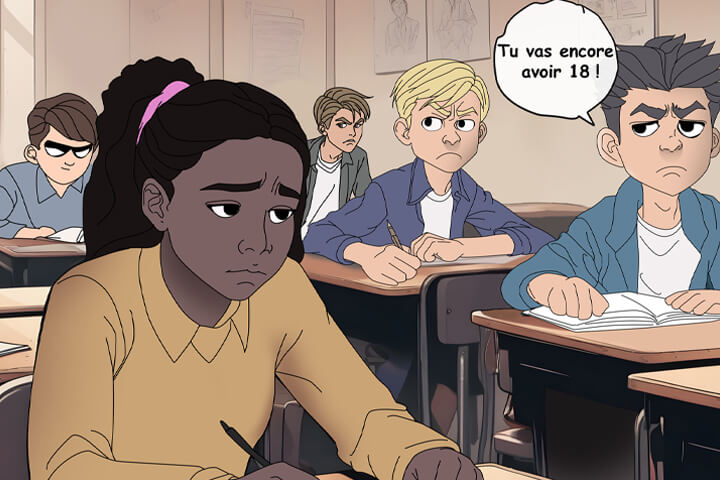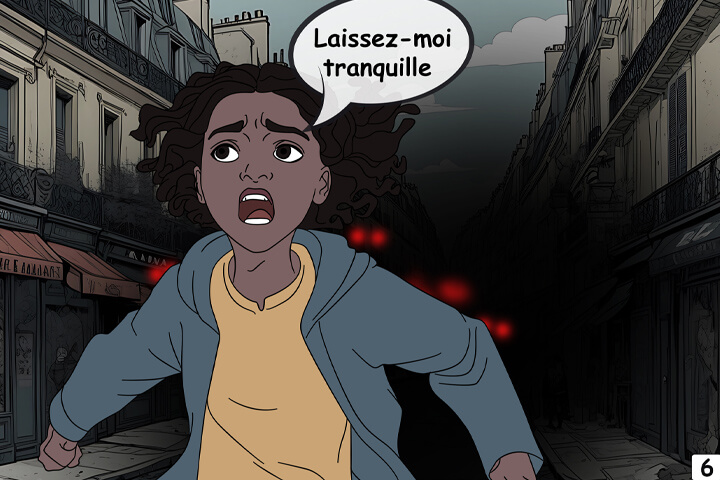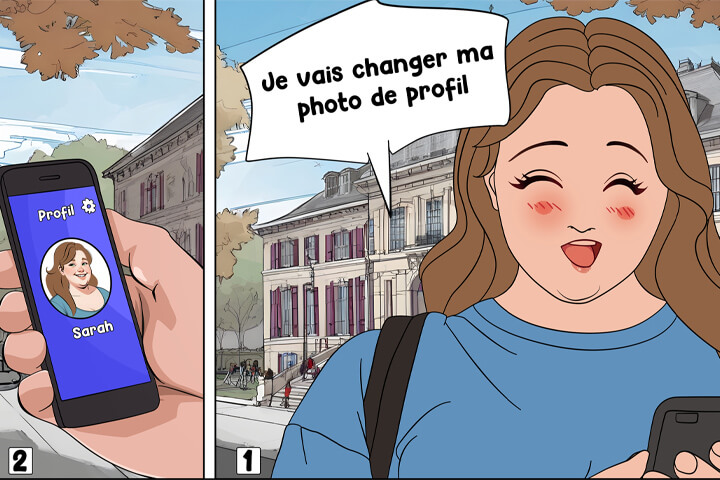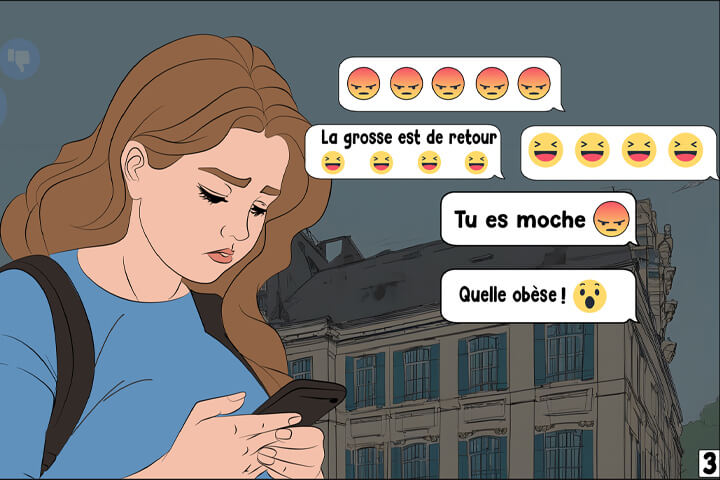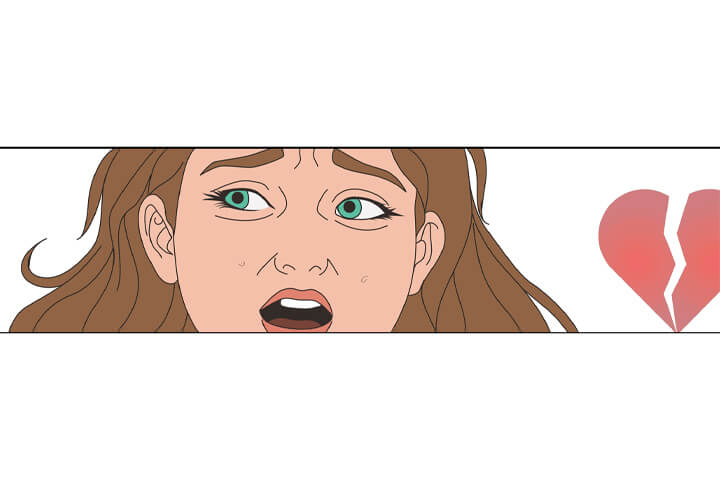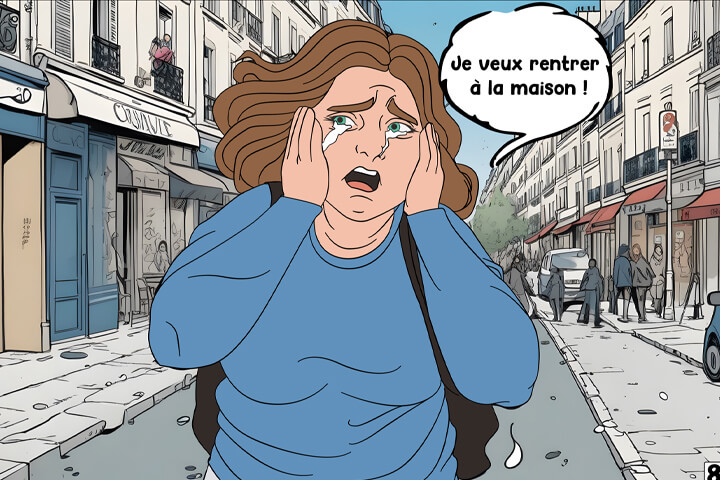Bullying at school : how do I know if my child is guilty of harassment ?
School bullying is a serious problem affecting many children in France. It is estimated that one million pupils are victims of harassment every year. While most parents know how to identify the signs of harassment in their child, it’s less obvious to know if your own child is a perpetrator.
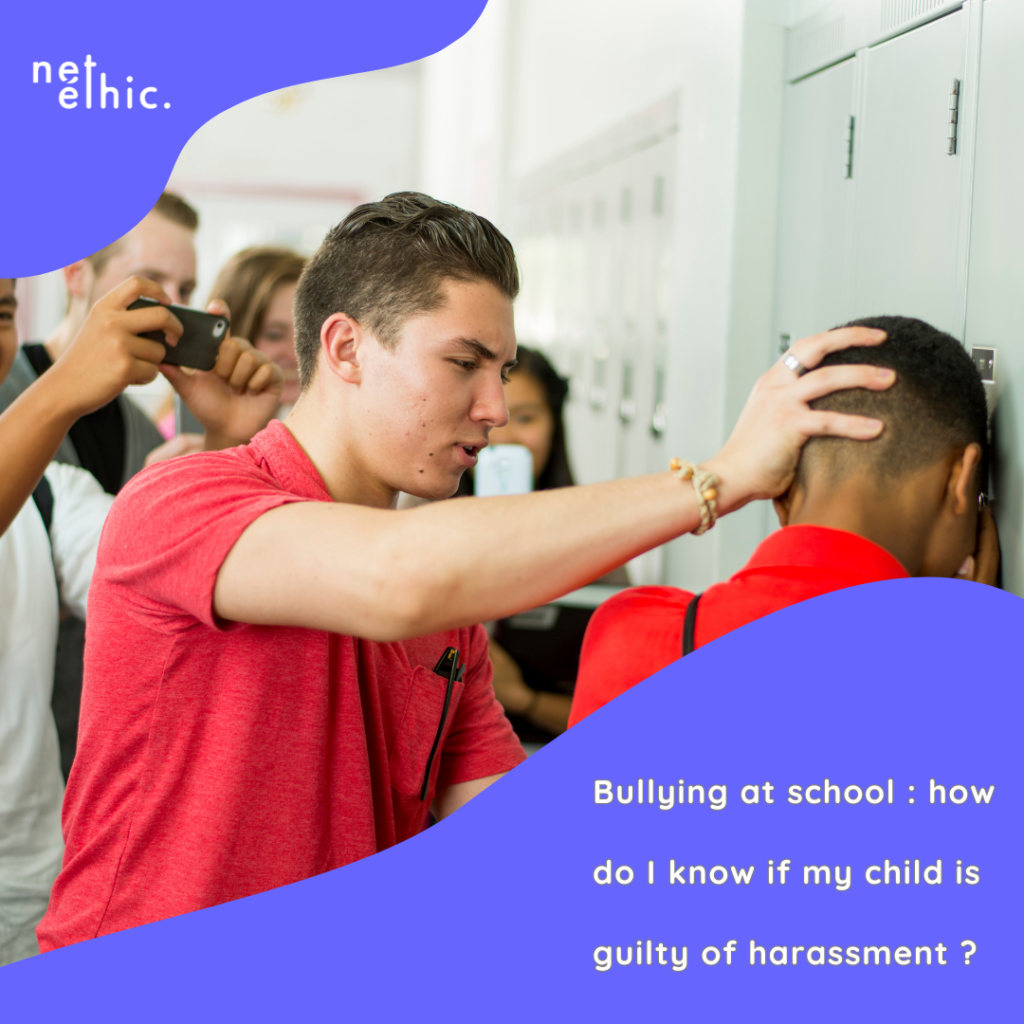
Warning signs
Being a perpetrator of harassment is not necessarily associated with a typical profile. Disruptive pupils can be charismatic, good students or, on the contrary, children experiencing difficulties at school. However, certain signs can alert parents :
- Violence and disrespect : The child trivializes violence, uses derogatory language towards peers, insults them, hits them, or has conflictual relationships with siblings.
- Lies and manipulation : Children often lie, manipulate situations and others to get what they want, and tend to minimize their actions.
- Lack of empathy : The child shows little compassion for others, doesn’t care about their suffering, and doesn’t seem to understand the consequences of his or her actions.
- Behavioral changes : The child becomes irritable, anxious, depressed or has trouble sleeping.
- Success at school : Contrary to popular belief, a student who harasses his classmates is not necessarily failing at school. He may even be a good student, which may mask his social and emotional difficulties.
Other clues (non-exhaustive list) :
Child has discipline problems at school
Refuses to talk about his days at school
He has no friends, or his friends are children who harass him.
Possesses valuable objects that don’t belong to him/her
Sudden bursts of anger
Understanding the perpetrator's motivations
It’s important to understand that harassment is never harmless. It can be the result of a number of factors :
- Lack of self-confidence : The child harasses to feel superior to others and to compensate for his or her own insecurities.
- Difficulty managing emotions: The child harasses to express anger, frustration or anxiety in inappropriate ways.
- Need for recognition : Children bully to draw attention to themselves and feel valued by their peers.
- Reproduction of family patterns : The child harasses because he or she has witnessed violence or bullying.
What should I do if I think my child is involved in bullying ?
Stay calm and don’t judge your child.
Talk to him/her : Listen to him/her without judging and try to understand his/her motivations. Ask him/her open-ended questions about his/her relationships with peers and how he/she feels.
Explain the seriousness of his/her actions : Make him understand that harassment is a crime that can have serious consequences for its victims.
Implement sanctions : Choose an educational and constructive sanction that will limit the risk of recidivism. The punishment must be proportionate to the seriousness of the acts and must be understood by the child.
Consult a professional : A psychologist can help your child work on his or her behavior and develop empathy. He/she can also help you understand the causes of harassment and put in place strategies to prevent it.
Don’t force him/her to apologize : The victim may not be ready to confront her stalker. It’s important to respect her pace and not force her to do something she doesn’t want to do.
As a parent, you have a crucial role to play in helping your child to understand the seriousness of his or her actions and to change his or her behavior in a positive way. Don’t hesitate to seek professional help if you have any concerns.
For further assistance : Contact us !
Whether you’re a student victim of cyberbullying, a parent concerned about your child’s well-being, or a head of school wishing to combat bullying at school, don’t hesitate to contact us. We’re here to help you find the right solution.
Netethic: your ally in the fight against bullying at school
Netethic is an innovative AI-based software solution designed to combat bullying both online and offline. We offer you tools and resources to detect, prevent and intervene in cases of harassment, in order to create a safe and caring school environment for all.
Please contact us to find out more about Netethic and how we can help you deal with bullying. Your safety and well-being are our top priority.







